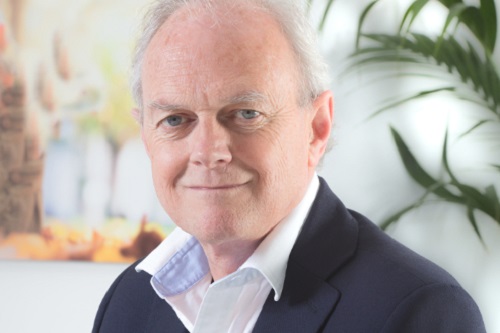How ARAG is adapting for justice

Authored by ARAG
Among the characteristics that we prize most highly, ARAG has always striven to be flexible. But our adaptability is more than just a USP.
At ARAG, innovation is driven by our founding principle of extending access to justice to those who might otherwise be unable to afford it.
One great example is a unique scheme that we developed specifically for a large group of families who found themselves at the heart of the UK’s worst ever maternity scandal.
The failings in care at Shropshire and Telford Hospital NHS Trust had tragic consequences over decades, the scale of which has only been fully understood in recent years. For many victims, however, the lower value of their claims and the time that has elapsed since the incidents occurred, made pursuing a case much more difficult.
ATE Account Manager, Emma Wilson explains how we worked with one of ARAG’s partner firms, Lanyon Bowdler, to develop a bespoke policy that would serve their clients’ particular needs and help to protect their legal position.
Lower value medical negligence cases have also been in the news as the government continues to pursue its plan to extend Fixed Recoverable Costs (FRCs) to more and more cases.
While accepting that reform of the claims process is overdue, ARAG has long challenged the application of FRCs in clinical negligence cases because they will negatively impact the ability of victims to assert their legal rights and to seek justice.
ARAG’s in-house counsel, Hector Stamboulieh, has taken a look at the latest changes introduced this month, and the next stage which is due to be implemented in April 2024.
While these changes have been underway, our ATE team is just wrapping up a series of events, held in five different cities around the country, to mark the 10th anniversary of the LASPO reforms.
We took a brief look back at the many changes that have impacted ATE insurance since the Legal Aid, Sentencing and Punishment of Offenders Act was implemented, in 2013, but we also looked to the future and what ARAG is doing now to preserve access to justice as best we can, in the ever-changing legal landscape.
One resource that has really had to adapt over the past decade or two is the network of Law Centres that provide advice and support across a wide range of legal issues, to people throughout the country. Over the past decade and more, law centre budgets have been slashed and the number of centres has more than halved.
This is a key reason that we selected the Bristol Law Centre as ARAG’s charity of the year for 2023. Beyond just fundraising, we are working closely with the team there to help extend access to justice and raise awareness of the important work that they do.
While equal and affordable access to justice is a human right that we all hope should be available to more and more people throughout the world, there is no doubt that, in the UK at least, access to justice is diminishing.
We will keep adapting our policies, products and processes to ensure that access to the UK justice system remains affordable to as many citizens as possible. Where insurance may not be able to provide a solution, we will support organisations like AvMA, APIL, SCIL and the Bristol Law Centre to work towards our common goal.





